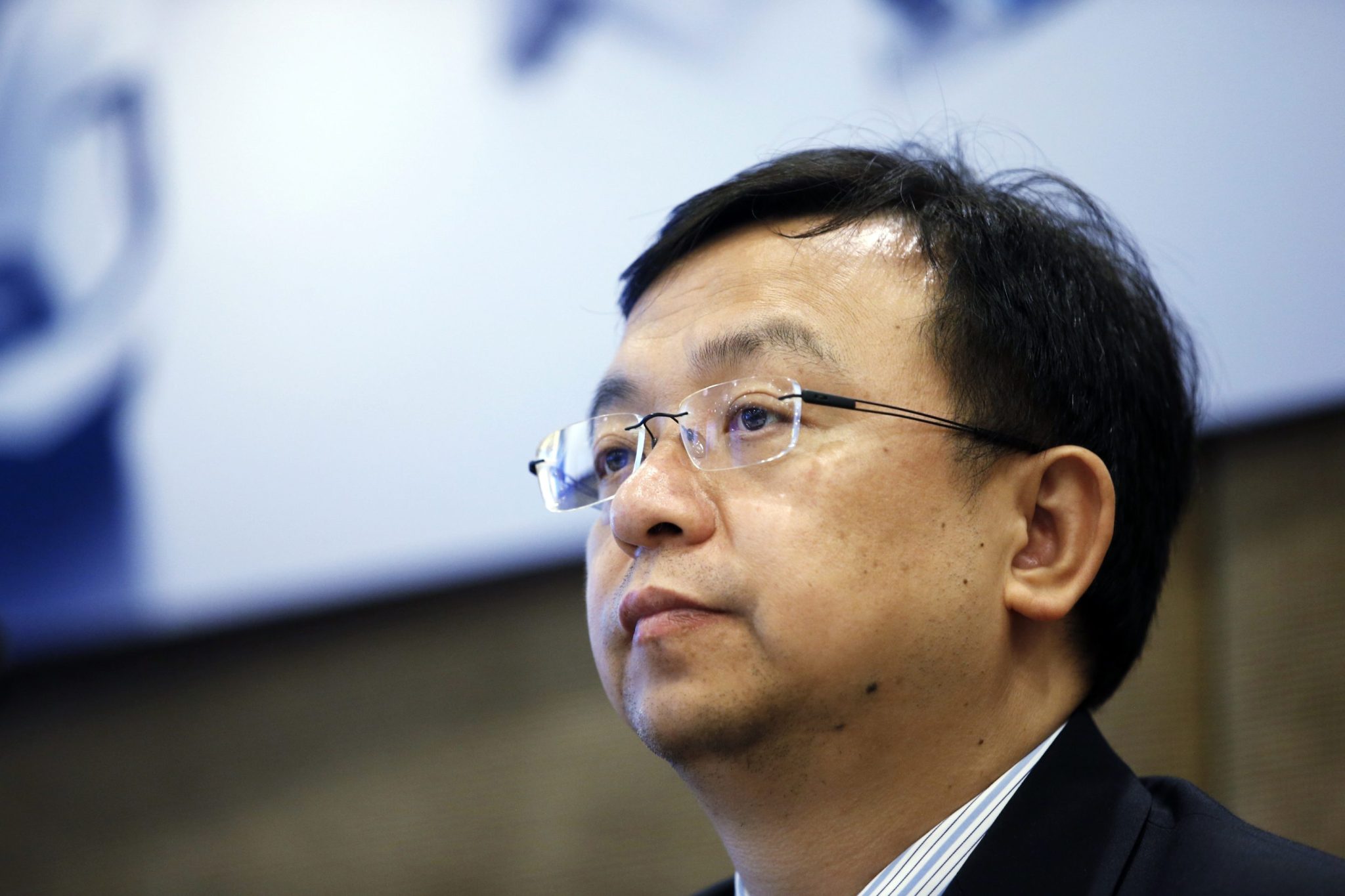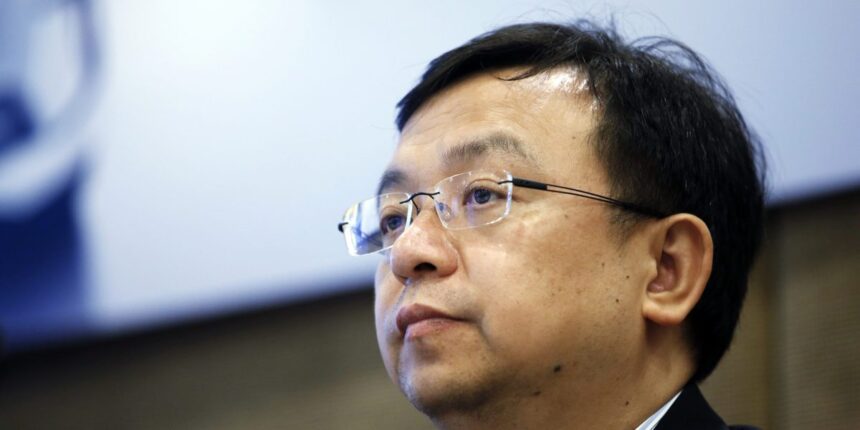
Chinese carmakers are descending on Europe’s premier car show this week in such large numbers, the German media is reaching a state of near existential angst.
Normally the IAA provides a biennial opportunity for the country’s vaunted automakers and suppliers to show off their most impressive new innovations, wowing visitors and journalists alike.
This time, however, everyone is only talking about one thing—the potential tidal wave of new electric vehicles from the Far East that threatens them in their own home market.
“The IAA becomes the China show,” one of the country’s leading business weeklies warned, while Der Spiegel predicted “trying times ahead for the German automotive industry.”
The country has already been humbled by the success of Elon Musk’s Tesla, which so effortlessly relegated companies like Mercedes-Benz and BMW to bystanders in their own industry. The last thing they need is for new upstart brands like Wang Chuanfu’s BYD to seek refuge from Musk’s price war in China by piling on the misery in Europe.
“We want to be premium and affordable,” said BYD Europe manager Brian Yang in an interview with Handelsblatt, a German daily paper closely monitored by the country’s corporate elite.
China export capacity
Roughly 40 million vehicles can be built annually in China, according to the Süddeutsche Zeitung. That’s about 15 million more than they actually need, a number that far larger than the size of Europe’s own car market. Moreover the country also controls 90% of the world’s supply of EV battery cells through suppliers like CATL and Gotion.
If China can use this advantage to build cars like the BYD Seal that are seen as both premium and affordable, then there is no competitive edge left for the rest of the industry save to rely on brand heritage. But venerable carmakers like Alfa Romeo prove goodwill won’t last forever.
“China has its gaze set on the European market, with the potential to fundamentally change the face of Europe’s industries as we know it,” said Sigrid de Vries, director general of Europe’s industry lobby group ACEA.
Putting on a brave face
For years German automakers grew fat on the growth in China’s car market, but they have slowly found themselves on the back foot over the past decade.
Chinese auto tycoon Li Shufu, who founded Geely, became the largest shareholder in Mercedes-Benz back in 2018. At the time, the move was so politically provocative his own government allegedly warned him not to offend Europeans by adding more shares to his position.
Initially, brands like Mercedes struck a number of deals with local Chinese companies to maintain their dominance around the world, hoping to get into bed with some of them in the hopes of bolstering the lagging competitiveness of their small car range.
Merc sold to Li’s Geely half of its stake in Smart, the minicar brand once famous for its ability to park perpendicular to the street. Meanwhile BMW turned to Great Wall Motors for help with its electric MINI, to be imported from China starting next year. At the time these deals were considered a win-win.
Now Volkswagen—once the undisputed king ever since its prescient bet to enter China back in 1984—has been forced to strike a $700 million deal with Chinese newcomer Xpeng in the hopes of shoring up their lack of expertise in connected cars.
“Ignore? Cooperate? Imitate?” asked German business daily Handelsblatt in an extensive report published on Friday. “German manufacturers are feverishly looking for a way to deal with the new competition.”
Delayed tsunami
For years analysts have been predicting a tsunami of cheap Chinese cars washing up on western shores, much the way first Japanese and later South Korean imports arrived.
But too many Chinese brands cut corners in important areas like performance or, worse, safety, with the Jiangling Landwind in 2005 earning a reputation as a deathtrap.
Yet while industry watchers were busy re-calibrating their forecasts, China shifted its focus from trying to copy western rivals to turning the tables on them.
First, they were quick to seize on the disruption offered by the shift to electric drivetrains from internal combustion engines where they were playing a losing game of catch-up. Only Tesla can hope to compete on cost with Chinese EV makers right now, and even then arguably only when it comes to its best-selling Model Y.
But just as important has been the devotion by Chinese brands to improving the software experience—a necessity for a population that is used to accomplishing most of their daily needs through smartphone app WeChat, so dominant even Elon Musk openly wants to copy it.
In an interview with Handelsblatt, BMW Group CEO Oliver Zipse put on a brave face, arguing the Chinese may not build cars that match European tastes, or they could end up with an aftersales network ill-equipped with servicing their cars.
“Ambition is not the same as success,” he said.
But this time, China’s carmakers are offering far more than ambition.








